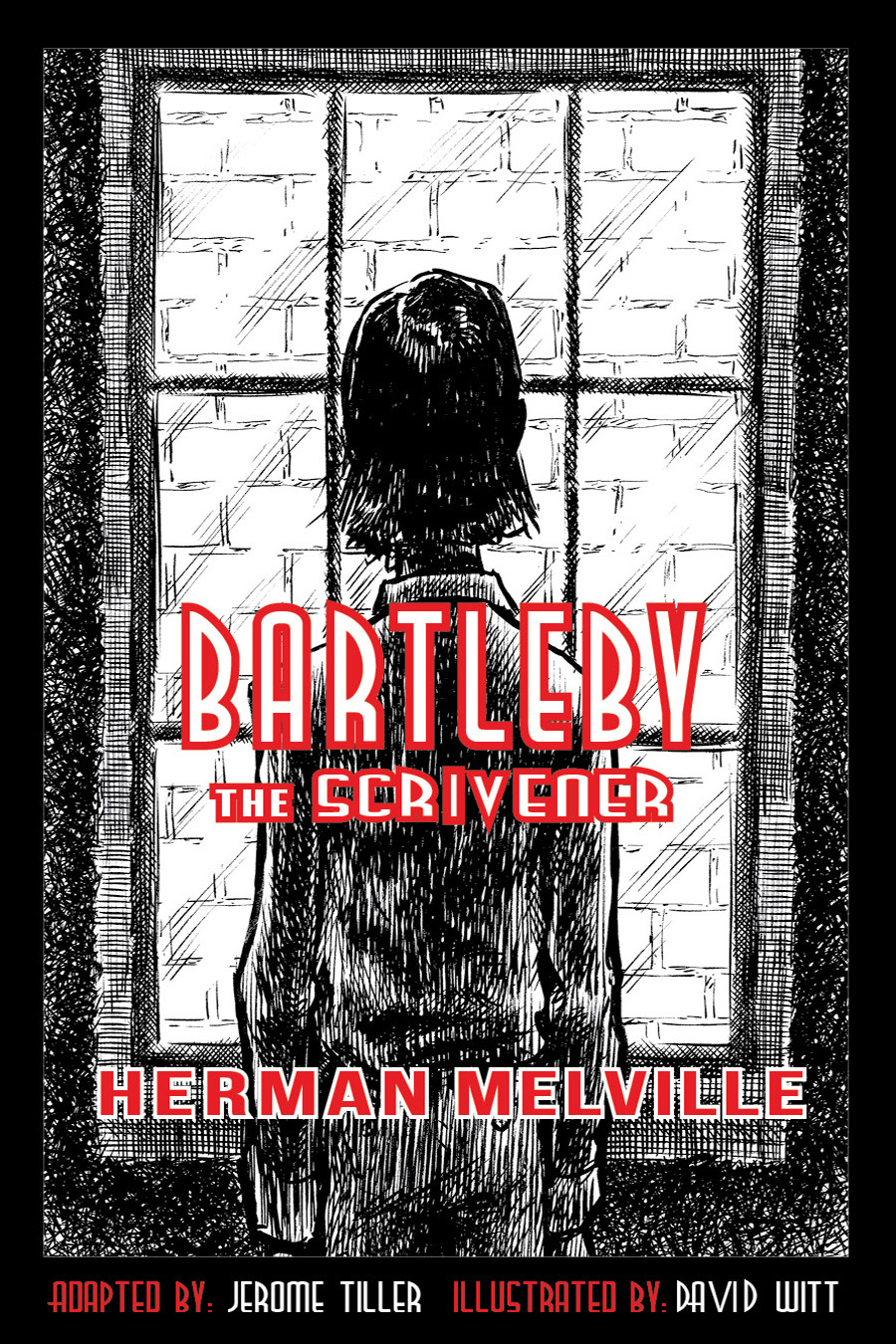The classic literature debate rages - let us illustrate
A 2016 conducted by the BBC asked people to name the books that every child should read. Apparently, the results were not surprising. They included a large number of books considered 'classic'. However, Diana Gerald, the CEO of “Book Trust”, the largest reading charity in Great Britain, did weigh-in with a somewhat surprising opinion regarding the results of the poll. Her opinion included the suggestion that adults should encourage children to read modern books. She believes they are just as brilliant as classic literature. Furthermore, she believes they are more pertinent to the lives of children and written in language that resonates with them.
Annie Holmquist, the author of an article about the poll, understands Ms. Gerald's opinion. And, she says, she would have agreed with it -- when she was a child. But now, as an adult, she is thankful that her mother supplemented her childish preference for modern books with a steady diet of classic literature. In retrospect, Ms. Holmquist considers the classic literature her mother recommended more meaningful, original, and memorable than the modern books she chose on her own to read.Adapted Classics agrees in large part with both Ms. Holmquist and Ms. Gerald. Consequently, we took a path between their opposing points of view. We added illustrations and somewhat modernized language to short works by famous authors. We especially wanted to entice reluctant middle school readers by offering them attractively packaged great literature in small doses. To our reckoning, short-length classics with modernized prose and illustrations makes literature more accessible to modern youth. Yet the prose and themes are still more challenging than in many modern books. And, we think, just as fun as the books Ms. Holmquist chose to read on her own when she was a child.


